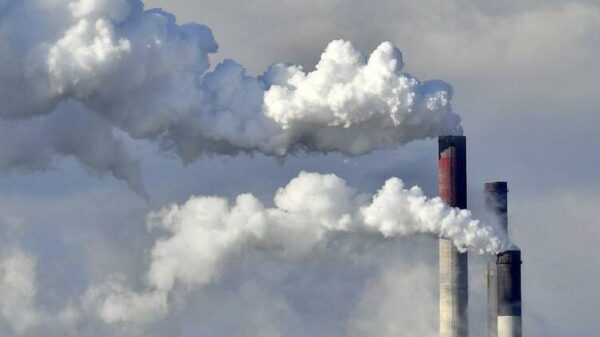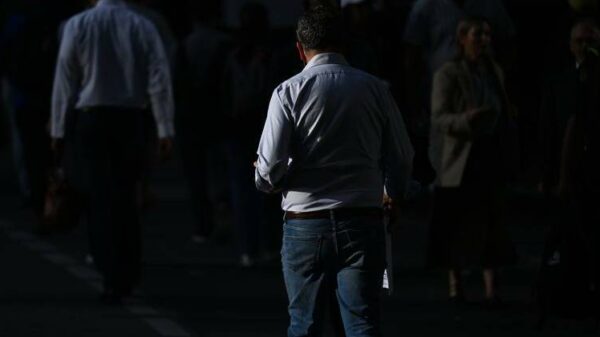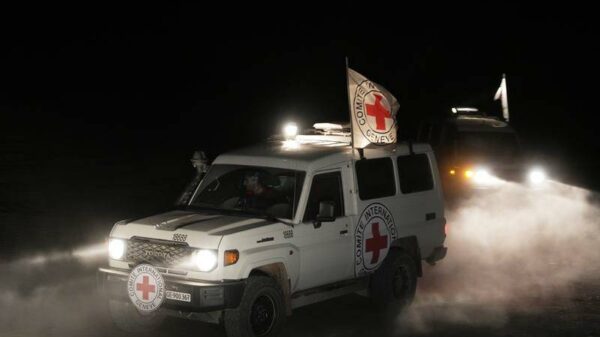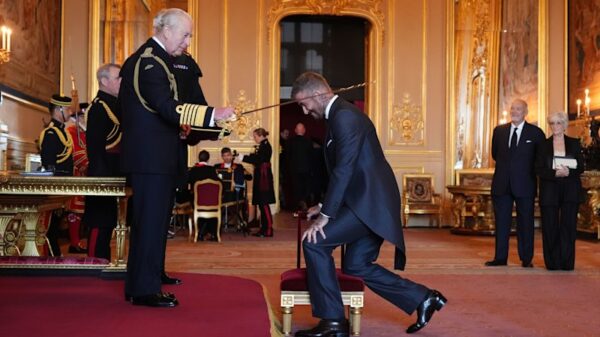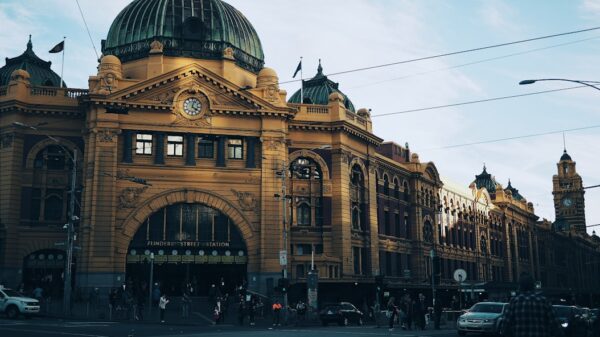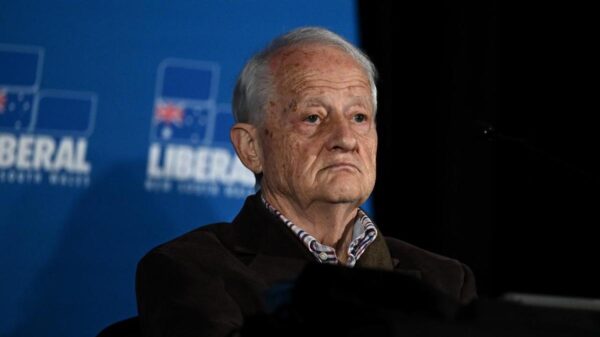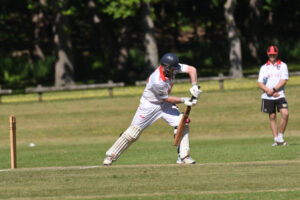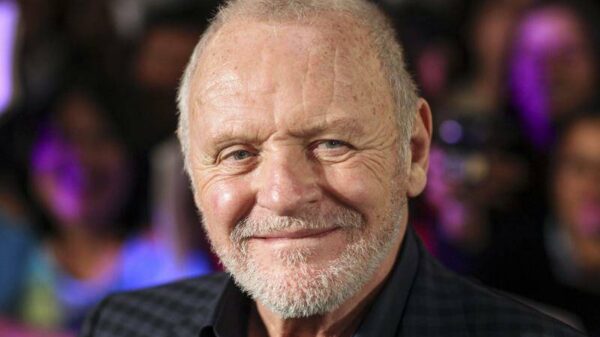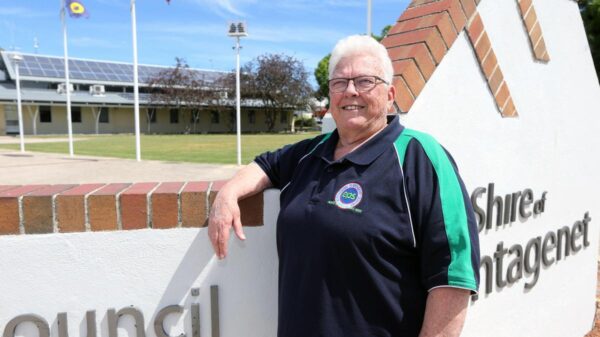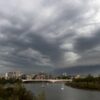Svetlana Tikhanovskaya, the Belarusian leader-in-exile, recently visited Australia, where she highlighted the ongoing struggle for democracy in her home country. Facing significant threats from the Belarusian regime and its ally, Russia, Tikhanovskaya’s journey underscores the high stakes involved in her advocacy for freedom and human rights.
During her meticulously planned travel, Tikhanovskaya avoided potential extradition by steering clear of high-risk countries, opting instead for a direct route to Australia. In Sydney, she met with Australian officials, including Prime Minister Anthony Albanese, to discuss international support for Belarusian democracy. The Russian regime, led by Vladimir Putin, along with Belarusian President Alexander Lukashenko, has marked Tikhanovskaya as a significant target due to her staunch opposition to their authoritarian rule.
While in Sydney, Tikhanovskaya was accompanied by two bodyguards provided by the Australian government, a precautionary measure that reflects the serious threats she faces. Just hours before their meeting, Mike Burgess, the head of the Australian Security Intelligence Organisation (ASIO), warned about the real risks of assassination attempts against dissidents in Australia, noting that Russia is likely involved in such plots.
Advocating for Belarusian Democracy
Despite the dangers, Tikhanovskaya remains resolute in her mission. She continues to travel globally, advocating for the rights of Belarusian citizens who endure oppression under Lukashenko’s regime. The European Parliament has recognized her as the legitimate president-elect, acknowledging her cabinet-in-exile as the official representatives of Belarus. According to the Economist’s democracy index, Belarus ranks as the 16th most authoritarian country, placing it below even Russia in terms of freedom.
In a recent conversation, Tikhanovskaya shared her experiences during the turbulent 2020 presidential election, where she claims to have received the majority of votes, only for Lukashenko to declare a fabricated landslide victory. “It’s a strategy of Russia to keep people stressed, intimidated, to keep them in fear,” she stated. “For everyone opposing the regime, this feeling of fear is present every day, but our power, our strength, is to overcome it.”
Continuing the Fight from Exile
Tikhanovskaya’s journey began when she fled Belarus for neighboring Lithuania after the election results were contested. Since then, she has been a vocal advocate for democratic reforms and human rights in Belarus. Her presence in Australia serves as a reminder of the global implications of Belarusian politics and the importance of international solidarity.
During her visit, Tikhanovskaya urged the Australian government and citizens to stand with the Belarusian people in their quest for democracy. “Support from countries like Australia is vital,” she emphasized. “It gives hope to those who are still fighting for freedom at home.”
As the international community grapples with authoritarian threats, Tikhanovskaya’s story is a testament to resilience in the face of oppression. Her commitment to advocating for change, even from exile, highlights the critical need for global awareness and action regarding human rights violations in Belarus and beyond.







